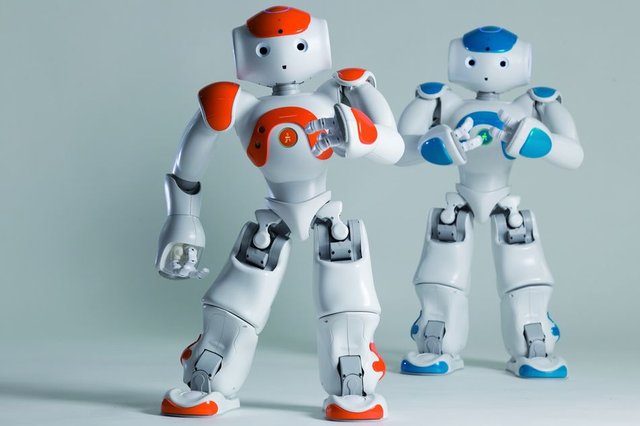10 Amazing things you didn’t know about Japanese robots!
Welcome! To the another article of Culturious,today we are going to inform you about 10 Amazing things you didn’t know about Japanese robots!

Japan is world's leading manufacturer and consumer of robots.
About half of the world's robot are made and used in Japan. About half of the world's 4,500 robot engineers are in Japan. In 2000, $5.7 billion worth of robots were produced in Japan.
Robots have been developed in Japan to help build products
to provide useful services and entertainment for people and to provide companionship for them. Research is taking place at corporations such as Sony, Honda and NEC and universities, most notably Waseda University's famed robotics lab in Tokyo.
More than a million industrial robots are now in use, nearly half of them in Japan.
The Japanese government is in the midst of what it's calling a "Robot Revolution Initiative" -- a five-year-plan backed by more than 400 businesses and other organizations to grow its robotics market to over $21 billion.
Japan claimed the world's first robot teacher back in 2009
called Saya, the robot was tested in a classroom of fifth and sixth graders in Tokyo, the Guardian reportedat the time.
Japan has continuously maintained its position as the world's top exporter of robots
in terms of value of shipments and number of operating units. Japan shipped approximately 3.4 billion yen's worth of robots in 2012, comprising nearly 50% of the global market share. The number of operating units in Japan was close to 300,000, which was about 23% of the global market share.
Societal demand is also driving the research and development of disaster-response robots
for rescuing those affected by large-scale disasters, inspecting the interiors of structures, and conducting other such operations vital to emergency situations. In the wake of the 2011 Great East Japan Earthquake and Tsunami disaster, Japan accelerated development and application of disaster-response robots
Thereis a janken (rock-paper-scissors) robot that has a 100% win rate at the game.
An example of a human-machine collaboration system, this robot uses high-speed vision to recognize the position and shape of a human hand once every millisecond. The robot then forms a hand that will beat the shape the human hand is making.
Motoman is a dual-arm robotic chef developed by Yaskawa Electric Corporation in 2007
ready to whip up some Japanese savory pancakes for anyone who asks. At 4½ ft. (1.4 m) tall and weighing about 480 lb. (220 kg), Motoman can work next to humans and even communicate with diners, reports say. Its newest model, the SDA-10, is programmed for a wider range of tasks behind the kitchen counter, on the factory floor and playing in a band.
One quarter of Japan’s population is over 65, and by 2065, that number is expected to rise to 40%. This has led to the rapid growth of the nursing-care robot market, and the government is spending 1/3 of its budget on the development of care robots that will make life easier for Japan’s elderly.
Noriko Arai’s Todai robot was programmed to take the entrance exam to Japan’s most prestigious university
Tokyo University. While the robot wasn’t able to gain acceptance, the robot did manage to beat 80% of the students who took the exam, which included an essay question. Still, maybe we can stave off robot domination a little while longer.
That’s it for today! I sure did not know all these great facts before! What about you?
Want me to create another article about something else?Let me know down in the comments.
And remember stay CULTURIOUS!
"Culture is the arts elevated to a set of beliefs."
–Thomas Wolfe